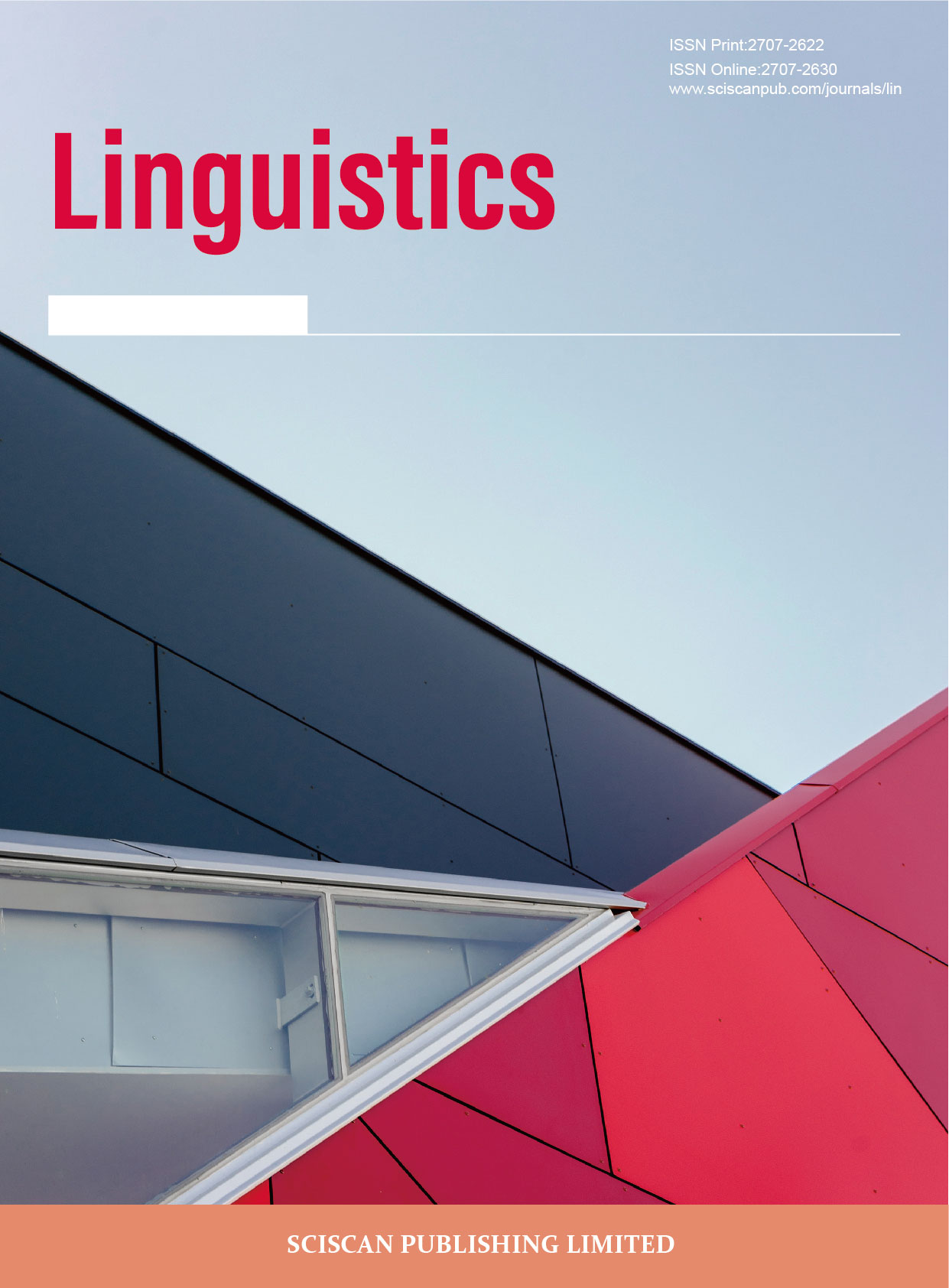Subscribe to the latest published information from SCISCAN
典籍英译中的增补规律 ——以Watson英译汉文典籍为例
The Law of Supplements in the English Translation of Classics —A Study of Watson’s Translation of Chinese Classics
- Authors: 薛嘉琪
-
Information:
苏州大学
- Keywords: 翻译增补;典籍英译;Watson
- Translation supplement; Translation of classics; Watson
- Abstract: 翻译增补策略是翻译的重要方法之一。本文以Watson 英译《史记》与《墨子》为例,通过与杨宪益版本《史记》与梅贻宝版本《墨子》的对比分析,得出典籍英译的增补规律,即衔接增补、解释增补、小句增补。通过比读发现,增补后的译文往往具有更好的可读性,更易于外国读者理解中国文化。在此基础上,本文就典籍英译增补规律的应用性展开讨论,尝试将增补规律与高校典籍英译教学相结合,以期促进我国典籍英译的发展。
- Translation supplement is one of the important methods of translation. This article takes Watson’s English translation of Shiji and Mozi as an example, comparing them with Yang’s version of Shiji and Mei’s version of Mozi and finding that the law of supplement in English translation of classics namely includes cohesion supplement, explanation supplementation and clause supplementation. Moreover, it is found that the supplemented translation is often more readable and easier for foreign readers to understand Chinese culture. On this account, this article explores the application this law to English translation of classics, and tries to combine it with the teaching of English translation of classics in colleges and universities in order to promote the development of English translation of Chinese classics.
- DOI: https://doi.org/10.35534/lin.0304032
-
Cite:
薛嘉琪.典籍英译中的增补规律——以Watson 英译汉文典籍为例[J].语言学,2021,3(4):524-534.














